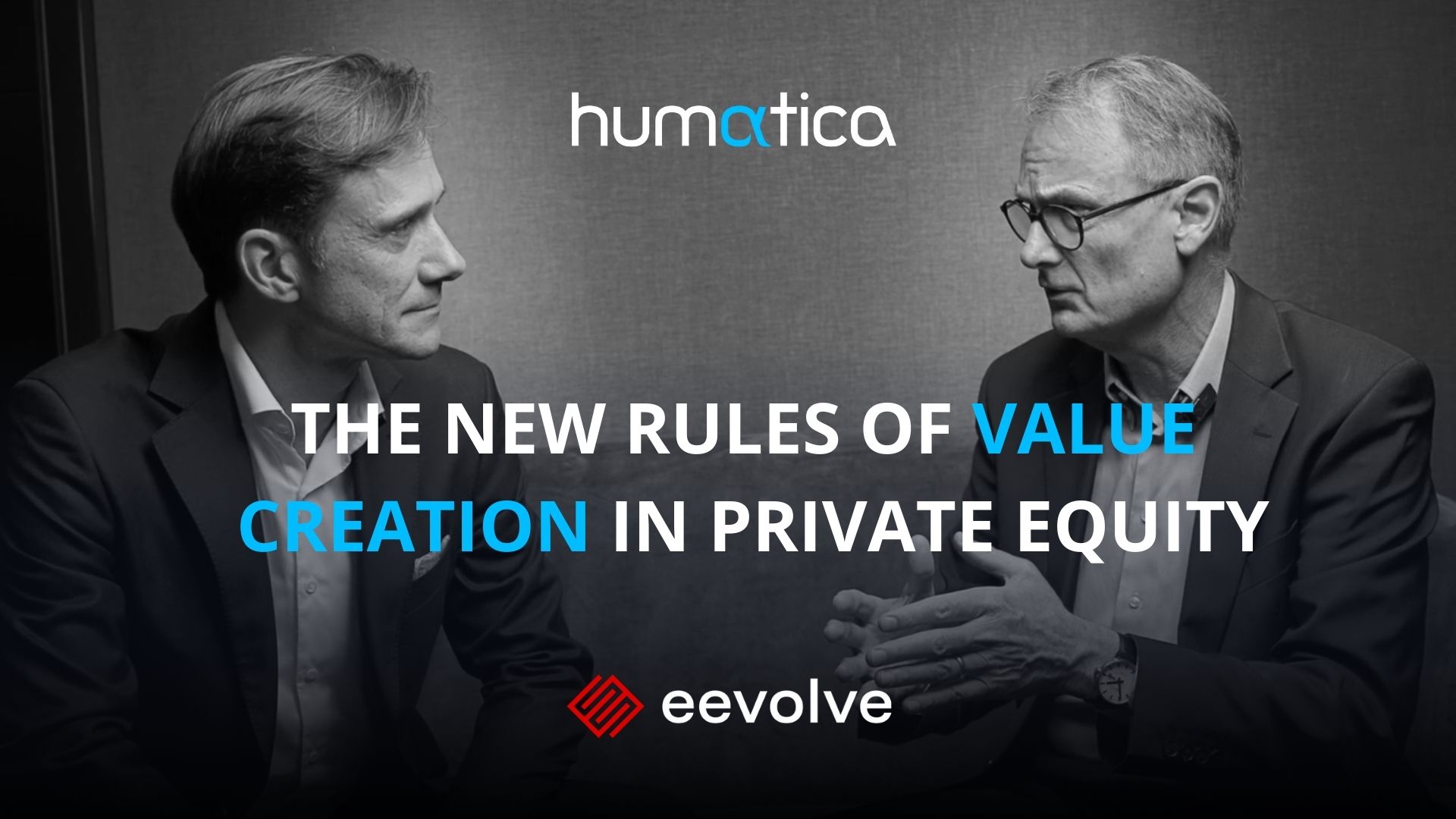
As economic pressure mounts, more corporate carve-outs are on the cards. These primary buyouts have been lucrative for private equity. But they require more work than secondaries, where management and processes have already been aligned for entrepreneurial governance. Carve-out investors and management teams face diverse challenges for value growth.
Corporate managers normally are new to private equity and the implications of PE ownership. Leadership skills and habits that got them to the top of the corporate ladder are not fit for private equity’s entrepreneurship.
Corporate managers often fail to understand the risk profile of the PE owner. It is different from their corporate leadership’s risk appetite. PE looks for alpha and is willing to take calculated bets to achieve it. Increased risk tolerance has implications for strategy, with more crisply defined measures in a clear “value creation plan”.
This puts corporate managers who are used to pursuing many different initiatives in a dilemma they had not previously faced. They are forced to commit to deliver on a limited set of measures and achieve concrete results. Difficult choices need to be made, with the risk of being potentially called out as “wrong” – the most common way to end a corporate career in an environment where doing “a bit of everything” is the surest way to avoid being accused of doing “the wrong thing”.
Differences in risk tolerance also have an implication for the speed and assertiveness of implementation. Corporate managers often move too slow, in order to avoid perceived political or organisational risk. Making bold moves to reorganize, right size or reallocate resources runs a number of risks that could inhibit career progression or impair performance in the corporate environment. They therefore often hesitate to make needed internal changes.
Carve-out issues are heightened by the personal insecurities and gulf of mutual understanding commonly found between buyout management and their deal teams. Knowing that most primary buyout CEO’s don’t make it to the exit, there is an understandable level of concern and an unhealthy desire to appear competent, even though many primary deal managers “don’t know what they don’t know” about private equity. In the worst case, there is a breakdown of communication or even withholding information from the sponsor. Stresses can build in the relationship until they break and the management is replaced.
Carve-out risks can be avoided by investing more time upfront to clarify expectations about private equity governance in both directions. Remarkably, very few fund managers invest the required time and effort post-deal to level with management on what entrepreneurial governance means for them.
The most robust approach utilises a neutral third-party like Humatica, to onboard new management and deal-teams. This includes team-building topics like transparency on personality profiles, business-building and an introduction to the entrepreneurial governance demands of private equity by successful portfolio company executives. Investing just a few days upfront for proper onboarding reduces the risk of value creation plan implementation and management changes by more than half.
This article was originally published as the Humatica Corner in Real Deals magazine.

In many organizations, strategy promises growth, efficiency, and innovation—but day-to-day execution tells a different story. Decisions drag. Silos persist. Accountability blurs. Leaders work harder without…
Read more
In today’s private equity landscape, the classic levers of value creation are no longer enough. As markets evolve and competition intensifies, governance is emerging…
Read more
Measuring organizational performance is difficult, especially in a way that is both systematic and genuinely useful for decision-making. In a recent Alpha Talks conversation, Ueli…
Read moreReceive our news and valuable perspectives on organizational effectiveness each month.